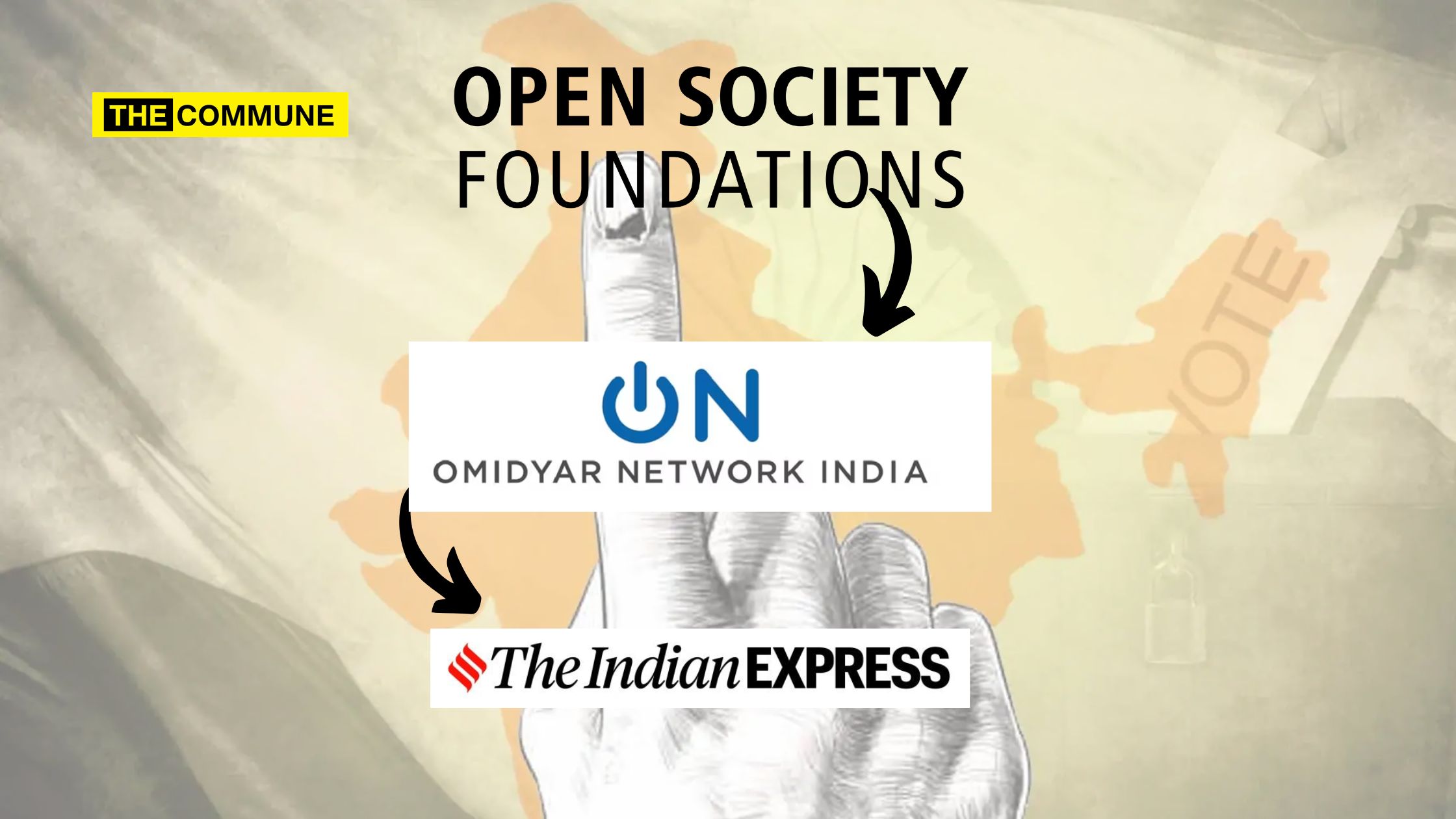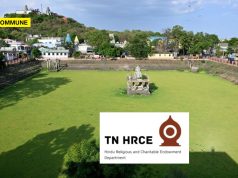
A recent report by The Indian Express claiming that a $21 million USAID grant was intended for Bangladesh, not India, has come under intense scrutiny. The article, which contradicts official U.S. government records, appears to be part of a larger pattern of misinformation and raises serious questions about the newspaper’s motives and its ties to foreign-funded organizations.
The Controversy
On 16 February 2025, the U.S. Department of Government Efficiency (DOGE) published a list of cancelled USAID funding initiatives, including a $21 million allocation for “voter turnout in India.” This disclosure sparked a political firestorm in India, with concerns about foreign interference in the country’s electoral processes.
However, The Indian Express published a report claiming that the $21 million was actually meant for Bangladesh under USAID’s “Nagorik Program.” The article, authored by Jay Mazoomdar, argued that the funding was misrepresented as being for India when it was, in fact, used for civic engagement programmes in Bangladesh.
This narrative was quickly amplified by alleged ‘fact-checker’ Mohammed Zubair and pro-Congress journalist Rajdeep Sardesai, both of whom have a history of pushing partisan agendas.
What DOGE’s Records Actually Show
DOGE’s official post explicitly lists the $21 million as part of a $486 million package to the Consortium for Elections and Political Process Strengthening (CEPPS), specifically earmarked for “voter turnout in India.” The funding appears alongside other allocations, such as $22 million for Moldova and $29 million for Bangladesh, leaving no room for ambiguity.
President Donald Trump also referenced the $21 million for India and $29 million for Bangladesh as separate entities during a speech, further confirming the distinction.
The Indian Express’ Omissions
The Indian Express report conveniently sidestepped critical context, including:
The 2012 MoU Between ECI and IFES: Under then-Chief Election Commissioner S.Y. Quraishi, the Election Commission of India signed a Memorandum of Understanding with the International Foundation for Electoral Systems (IFES), a CEPPS member organization linked to George Soros’s Open Society Foundation. This agreement facilitated USAID’s involvement in India’s electoral processes.
Historical Funding to India: Past funding records, once available on CEPPS’s now-defunct website, show financial flows directed at electoral programmes in India as late as 2014.
By ignoring these facts, The Indian Express created a misleading narrative that downplays concerns about foreign interference in India’s elections.
Conflict Of Interest
The credibility of The Indian Express report is further undermined by its failure to disclose significant conflicts of interest:
Omidyar Network’s Sponsorship: The Indian Express has received funding from the Omidyar Network, which is part of USAID’s Finance and Investment Network and has also been funded by George Soros’s Open Society Foundation. Omidyar sponsored events for The Indian Express as recently as January 2025, despite claiming to have ceased operations in India in December 2024.
Author’s Ties to Foreign-Funded Organizations: Jay Mazoomdar, the author of the report, is a member of the International Consortium of Investigative Journalists (ICIJ), which partners with the Organized Crime and Corruption Reporting Project (OCCRP)—an organization funded by USAID and George Soros.
CONFLICT OF INTEREST ALERT 🚨‼️
Omidyar Network sponsors The Indian Express programs. They funded an event in Chennai on August 12, 2024, and another in Delhi as recently as January 2025, despite Omidyar India’s website stating that it ceased operations in India effective… pic.twitter.com/gIeRnWtrCx
— Amit Malviya (@amitmalviya) February 21, 2025
Managing Editor’s Affiliation: The Managing Editor of The Indian Express is part of a consortium sponsored by the National Endowment for Democracy (NED), USAID, and the U.S. State Department.
So, @sardesairajdeep is quoting the article by @mazoomdaar about the USAID payout to "increase voter turnout" being fake news. Jay Mazoomdaar is part of ICIJ – International Consortium of Investigative Journalists, a partner to OCCRP, a former direct beneficiary of the USAID… https://t.co/L2bQqv6LpC pic.twitter.com/0JSnsU6b8f
— Sagorika (@sagorika_s) February 21, 2025
These connections raise serious concerns about the newspaper’s independence and its willingness to push narratives that align with the interests of its foreign funders.
Why This Matters
The Indian Express’ report appears to be part of a broader effort to dismiss concerns about foreign influence in India’s electoral processes. By misrepresenting DOGE’s official records and omitting critical context, the newspaper has undermined public trust and fueled misinformation.
The timing of the report is also suspect, coming as DOGE’s scrutiny of USAID funding threatens to expose more details about past and ongoing programmes in India. The abrupt shutdown of CEPPS’s website only adds to suspicions that key information is being withheld from public scrutiny.
Subscribe to our channels on Telegram, WhatsApp, and Instagram and get the best stories of the day delivered to you personally.




